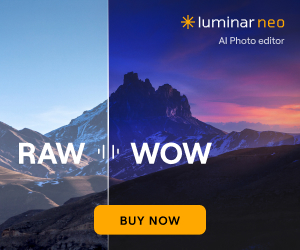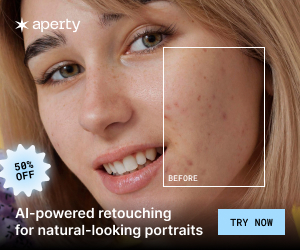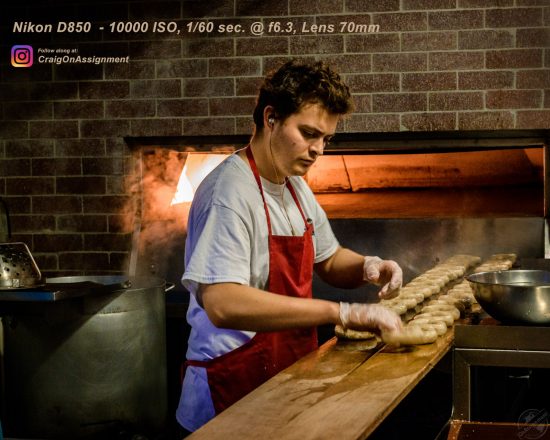
Early morning at the Granville Island Market
10000 ISO, 1/60 sec. @ f6.3, Lens 70mm
First shots w/ Nikon D850 in Low light / High ISO
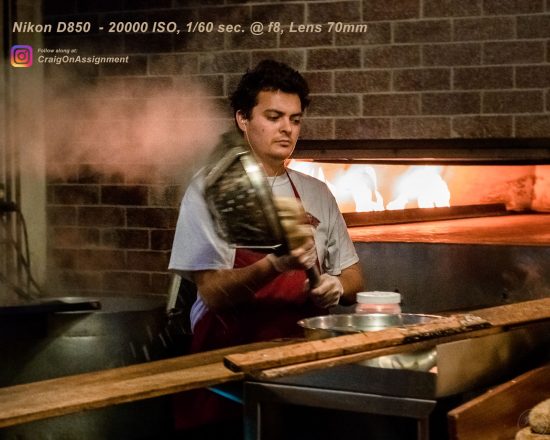
Early morning at the Granville Island Market
20000 ISO, 1/60 sec. @ f8, Lens 70mm
First shots w/ Nikon D850 in Low light / High ISO
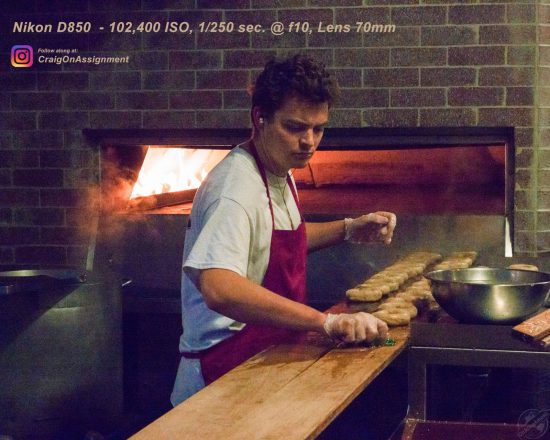
Early morning at the Granville Island Market
102400 ISO, 1/250 sec. @ f10, Lens 70mm
First shots w/ Nikon D850 in Low light / High ISO
The Nikon D850 in a low light / high ISO challenge by Craig Minielly
Having received one of the first Nikon D850 shortly after it’s release, I was excited to try it out and test its capabilities in the higher ISO ranges that I typically like to work with.
But first, a disclaimer of sorts… I am a Nikon Ambassador. I am biased of course, but that bias is built on decades of experience with a brand that has never let me down, and that I rely on under a variety of challenging conditions in delivering bankable results to my clients, every time and without excuses. Whether hanging over a city at night, or crawling through blasted out caverns 1000’ feet below ground in a rainstorm of wet grime & dust, I’m alway pushing the boundaries of my gear and my personal expectations.
As a press photographer in the film days, we used to have all sorts of “secret soups” to stretch our Tri-X of 400 ISO up to 1600, 3200 and even 6400 ISO. Now with my D5, I will comfortably shoot at 6400 -10,000 without giving it to much thought, and at settings upwards of 25K and 50,000 / 100,000 ISO as occasion demands. So needless to say, I was excited to see what the D850 might be able to do with such a large megapixel rating.
I decided to make use of nearby Granville Island Market, right after the 7 AM door opening, but well before the crowds show up and completely take over the marketplace.
I wandered through the aisles, in and out of the pockets of light, as the market slowly came to life. Some early achievers had brightly lit areas, but mostly they were dim, and in some cases darkly shadowed interiors. It was the perfect opportunity to test the full range of ISO capabilities of the new camera.
In general, I like to make use of the Aperture Preferred, Auto Exposure mode, and then adjust my exposure compensation control manually to optimize my image results based on the subject matter and lighting conditions.
It’s important to remember that when shooting in low light conditions, that you take care not to underexposure the image, especially in areas of preferred detail. Opening up shadows at higher ISO’s, will always result in exaggerated noise elements, whereas creating a balanced exposure that’s acceptable overall and then selectively darkening down the brighter areas will result in a much more acceptable final image.
In a few instances I made use of a range of ISOs on the same subject to see the cameras response, and was pleasantly surprised to see the image quality retained and the pleasing overall image tonality, along with better than expected details in highlight and shadow areas. I also found I was able to easily extract additional highlight details in the brightest areas of the images that initially fell out of the exposure threshold, with a simple highlight adjustment in the raw conversion that brought in effective highlight details & tonality, without greying out the area completely.
As with all low light images, it’s important to ensure that the light, at whatever levels, is coming into the important areas of the subject or facial zones within the photograph. The images from this feature, were all created without opening up the shadows, and are a straight rendition of the tones represented in the subject, with some post-selective burning down of the surrounding areas. This is done to highlight the desired subject, and as a press photographer in my past life, a standard practice – old darkroom habits die hard!
Noise reduction was performed with the recently released ACR plugin for Photoshop and making use of the general settings & presets I already have. I would expect specialty plugins, such as Noise Ninja and Noiseless from MacPhun, to produce even more superior results.
In short, I was quite impressed with the beautiful tonality in the range & transition of colours at higher ISOs of 10,000 and 20,000, and how effective the camera was in its detail retention at those higher ISO speed’s. There was noise of course, but it was able to be mitigated to a more than acceptable level with some basic adjustments. The sample images on my Instagram showcase those results.
Attached, is a series of 10,000, 20,000 and 102,400 ISO images capturing the Baker and the oven’s flames. The use of 102K resulted in a lack of saturation overall and predictable lack of details in the highlights of the flames. This was totally expected as with most cameras in their highest ISO ranges, but I was quite surprised at the use-ability of the image at the cameras extreme ISO setting. The settings of 10-20K where very highly usable and presented a true to life representation of the environment and the subject working within it.
To see those and the full image series from this early-morning test session, please feel free to visit & follow along with my main Instagram at: https://www.instagram.com/craigonassignment/
New studio samples from my first D850 sessions are also being posted to that Instagram, along with fashion & underwater styles images at my other Instagram (slightly NSFW): https://www.instagram.com/foxyartgallery/
About Craig Minielly
Craig is an assignment based photographer out of Vancouver, Canada, with specialties services targeting the editorial, industrial and corporate client worlds. Published for over 35 years, he’s produced images under some of the most challenging conditions, and been recognized for his achievements with multiple Class and Photographer of the Year awards from numerous associations internationally, the Yousuf Karsh Lifetime Achievement Award, and is a proud member the Nikon Canada Ambassador team.
You may see more of his work at www.AuraPhotographics.com.
Check D850 availability: B&H | Adorama | Amazon | BuyDig | WEX | Jessops
Follow on Facebook: Nikon D850 Page | Nikon D850 Group




